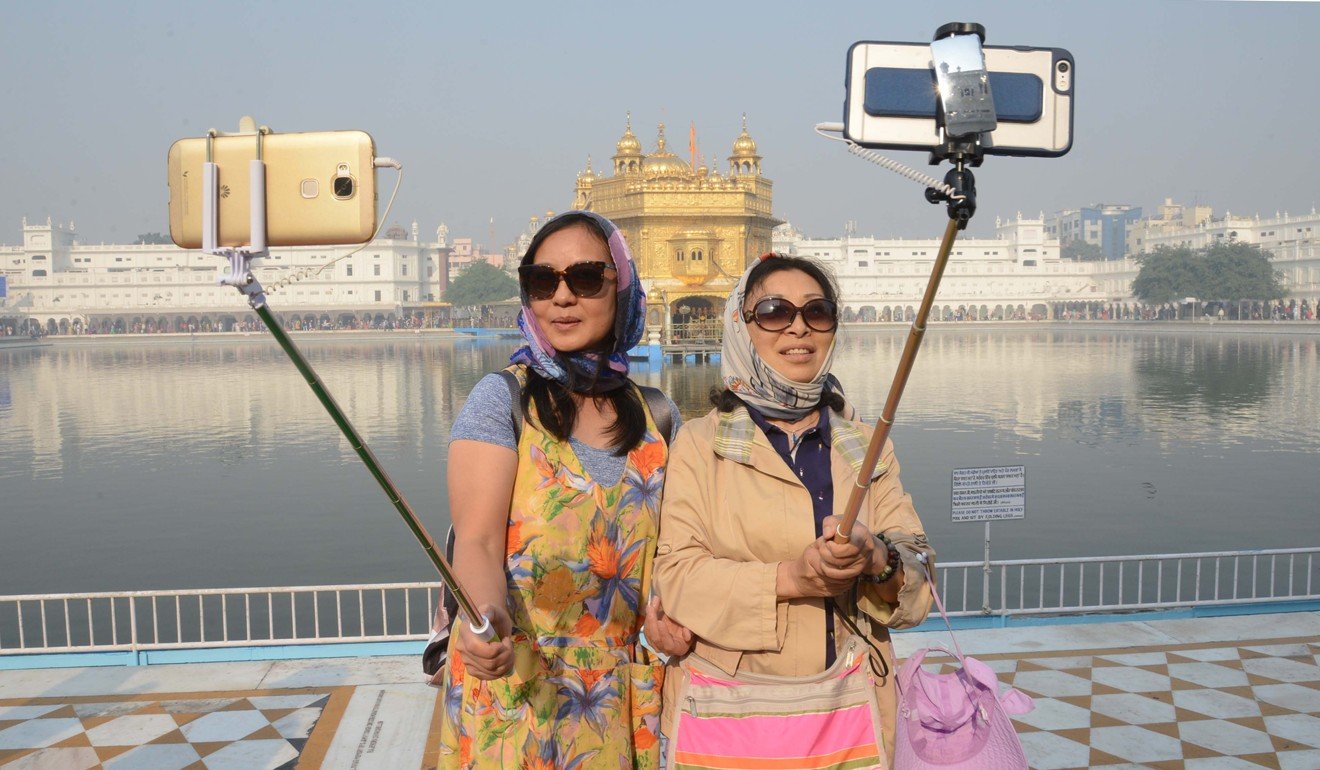Traditional cultural values and government policy influence how Chinese backpackers use technology while traveling, according to new research by the University of East Anglia (UEA).
The study looked at how independent Chinese tourists use the internet during their trips abroad and found strong social influences on their digital behavior. These result from their embedded culture, social circles, and the trust placed in word-of-mouth review platforms.
Researchers found that backpackers enjoy receiving comments and complements on their social media posts, and the process of editing and posting photos. Interacting with comments is an essential element of their trip.
They also highly value digital word-of-mouth recommendations when traveling abroad, making good use of their familiar review platforms, as well as popular ones banned in China. This requires them to learn to use new technologies more commonly used outside their home country.
The findings, published in the Pacific Asia Journal of the Association for Information Systems, also show that Chinese travelers rely hugely on digital technologies such as Ali Pay and WeChat Pay for mobile payments.
The independent travel phenomenon is becoming increasingly important in China both domestically and internationally. Chinese travelers are known as tech-savvy and the study’s lead author, UEA’s Dr Brad McKenna – who worked with colleagues at the University of Greenwich, and University of Jyväskylä in Finland – said ‘Collective’ and ‘Confucius’ values of Chinese culture play a major role in their IT use.
“From a collectivistic culture, the relationship between generations is very close. In addition, for the past 30 years the Chinese one-child policy has had enormous social impacts, such that the new generation has become the core of the family,” said Dr McKenna, a lecturer in information systems at UEA’s Norwich Business School.
“This has led to a strong usage of social media when travelling, so that families can keep in contact. It has been suggested that the use of social media when travelling has developed into the issue of surveillance through IT. Chinese independent travellers are expected to have a constant virtual presence to appease their families’ worries and feel obligated to maintain connectedness with them.”
The Chinese concept of guanxi, which requires them to be continuously connected, also influences the way independent travelers use technology. The ‘social glue’ function of the technology allows them to maintain the high level of connectedness when traveling.
Social media posts enable Chinese travelers to not only share their travel experiences, but also to receive emotional support by replying to comments from their friends and families.
Technical infrastructure plays a strong role in their IT use and Dr McKenna said the findings have implications for the tourism industry: “Tourism providers should realize that Chinese independent travelers derive social inferences predominantly when using digital technology on holiday. How to ensure they can constantly maintain this virtual connection, and how to transfer tourism products into memorable and ‘sharable’ experiences is crucial.
“Currently, there is a gap between China mobile technology use and the rest of the world. There is a network of Chinese technology, such as WeChat, Weibo, Alipay, and Dazhong Dianping, and most of the popular Western apps have their Chinese equivalent.”
The authors say that when Chinese travelers go abroad they face many unfamiliar apps, and some of those they normally use in China do not work as efficiently, for example Baidu Maps and Baidu.com can be slow. Also, electronic word of mouth (eWoM) review platforms do not have as much information as they would in China.
“Tourism providers should bridge this gap to provide a smooth experience,” added Dr McKenna. “Maybe eWoM platforms can work in partnership. For instance, a Chinese online review platform could work with TripAdvisor so that Chinese tourists are able to access more reviews.”
The study followed 14 Chinese backpackers in three groups as they travelled in Europe – to Spain and Portugal, the UK and Poland. A Chinese-speaking researcher accompanied the groups, conducting interviews and collecting participant observations.
Online data such as participants’ posts on their social media, group chat histories and online travel journals were recorded before, during, and after the trip, in order to provide a comprehensive understanding of their travel experiences.
The researchers then identified and analyzed seven of the main technology-related tasks the backpackers used while planning their travel or during the trip. These included: using an online travel forum to look for a travel companion or information; using word-of-mouth apps on their mobile device to look up restaurants, bars and attractions nearby; sharing travel experiences on social media; and maintaining connections with friends and families.



